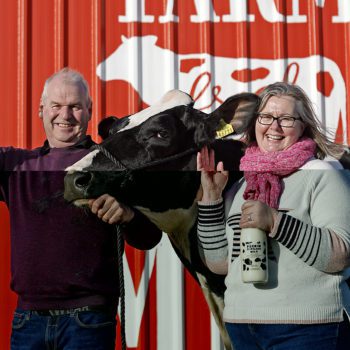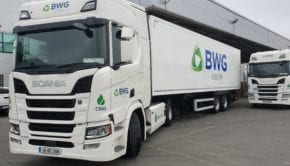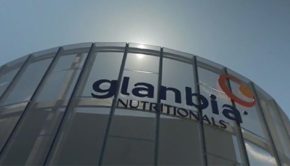75% of Irish farmers remain deeply concerned about rising input costs

Study finds over half of Irish farmers could improve their resilience with greater financial planning (including budgeting and borrowing)
16 February 2023
Against the backdrop of a reasonably profitable year for certain farming sectors, a new study has found the biggest concern for Irish farmers – for the second year in a row – is rising input costs such as feed, fertiliser, and energy.
The annual Farm Report conducted by Ifac, Ireland’s farming, food and agribusiness specialist professional services firm, paints a comprehensive picture.
Ifac’s fifth annual survey contains the views of 1,160 Irish farmers, and reveals the issues that are front of mind for Irish farmers today. The survey took place between October and December 2022.
The report confirms the impact of the cost-of-living crisis and input cost inflation on farm businesses -three quarters (75%) of Irish farmers say their biggest worry for 2023 is input prices (up 10% on last year).
While over half (54%) are concerned about their electricity and gas costs at home, just over a third (34%) have not reviewed their energy provider in the past 12 months; a potential missed opportunity when small savings can still be achieved by switching.
The report also highlights that in this heightened and sustained period of financial pressure, more than half (53%) of this year’s survey respondents do not actively budget and, as interest rates continue to creep higher, over a third (37%) have not reviewed their borrowings for their farm business in the last 12-18 months.
As stewards of the land, Ifac states that Irish farmers are committed to ensuring that they farm sustainably; they have always been willing to take on projects that benefit the environment.
As anticipated, climate action to meet Ireland’s climate targets is very much front of mind. More than half (52%) of farmers surveyed say the biggest barrier to adopting renewable projects is the level of financial investment required coupled with the low returns. Yet, to help tackle rising energy costs and for long-term sustainability, 41% say they would lease land to a solar or wind project if the opportunity arose, signalling an appetite for farmer-developed projects (wind energy or solar panels on farms) when targeted schemes come into effect.
Nitrate efficiency, to protect water quality and the environment, is another focus for Irish farmers – over a third (35%) have not checked if the nitrate banding rates will affect their farms. The recent derogation changes and the introduction of the Nitrates Action Plan are likely tohave far-reaching income effects for a large cohort of Irish dairy farmers.
“There is no denying that farmers have experienced serious cost increases in 2022 so, it is encouraging to see that more than half of our survey respondents are optimistic for the coming year, with three-quarters planning to still be farming in five years’ time,” said John Donoghue, chief executive of Ifac.
“While the recent nitrates derogation changes are not without challenges, there are also opportunities,” he added. “In areas like organics and, hopefully, renewables. Irish farmers have always been at the forefront of innovation and our report again outlines their commitment to positive environmental initiatives. Owing to fears about farm viability, succession planning is still being put on the back burner. However, in our experience, with the right financial advice and planning a viable option can be identified to help future-proof farm businesses.”
AT A GLANCE: Key takeaways include:
Overall
- 56% of farmers have a positive outlook for the year ahead – with 74% planning to still be farming in 5 years
- 40% would consider organics
Financial
- Fuel and transport costs were also a key concern for 51% of farmers
- 57% are worried about regulations and bureaucracy
- 48% say the cost is the biggest barrier to introducing more technology on their farms
- 22% complete budgets and/or forecasts on a monthly or quarterly basis
Succession
- 60% of farmers have a structured pension plan in place
- 90% of farmers have limited or no understanding of the Fair Deal Scheme
- 44% say carrying on the family name is not a factor in determining a future successor
Employment
- 44% of farmers with employees agree to wages in Net terms
- 32% of farmers struggle to find available employees – this is the main obstacle to attracting talent for the second year in a row. Other common issues are pay scales
- Only 33% of farm employers have contracts of employment in place
The full report can be viewed at: https://www.ifac.ie/irish-farm-report.



 Print
Print






Fans 0
Followers